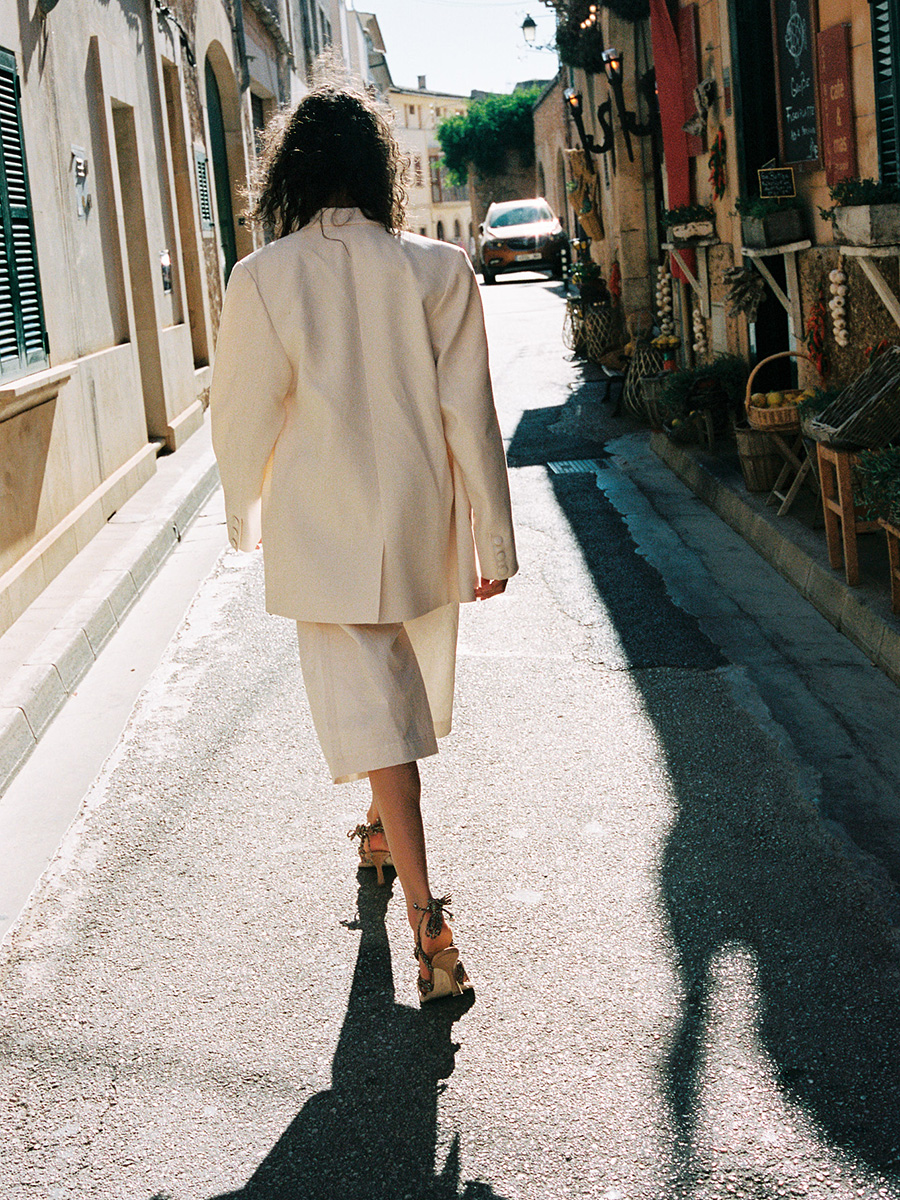There are now many fashion labels that are committed to sustainability. One of them is the Berlin fashion label Malaikaraiss. Founder and namesake Malaika Raiss has been focusing on sustainable production methods and material selection since the label was founded in 2010. But what exactly does sustainability mean for the label and how does it implement it?
An important aspect for Malaikaraiss is the use of ecologically and socially compatible materials. These include, for example, organic cotton, Tencel or recycled polyester. The label also attaches importance to transparent and fair production when selecting suppliers. For example, it works with a textile factory in Portugal that uses renewable energy and its production is certified by GOTS and OEKO-TEX.
Another important issue for Malaikaraiss is the durability of its garments. Instead of focusing on short-lived trends, timeless and high-quality designs are created that can be worn for a long time. The quality of the materials used also helps to ensure that the garments last a long time. To increase longevity, the label also offers repair services.
In addition to the choice of materials and production, Malaikaraiss also attaches importance to keeping the label’s impact on the environment as low as possible. For example, unnecessary packaging is avoided and shipping is climate-neutral via DHL GoGreen.
But the label is also committed to sustainability in everyday life. For example, paper is used instead of plastic bags in the Berlin stores and the employees are regularly trained on sustainability topics.
The importance of sustainability for Malaikaraiss is also reflected in the collections. In the current collection, for example, the label increasingly relies on upcycling, using fabric remnants from previous collections. The colour palette of the collections is also geared towards dyeing in a way that conserves resources as much as possible.
But even though Malaikaraiss places a lot of emphasis on sustainability, the label is not purely an eco-fashion label. Rather, the garments are a successful combination of timeless design and sustainable production. This is also reflected in the label’s popularity. Malaikaraiss is now known not only in Germany but also internationally and is appreciated by many fashionistas.
In conclusion, Malaikaraiss is an example that sustainability and fashion are perfectly compatible. The label shows that a sustainable production method not only protects the environment, but also leads to high-quality and durable garments. Malaikaraiss thus proves that sustainability is not a trend in the fashion industry, but an important changemaker.


